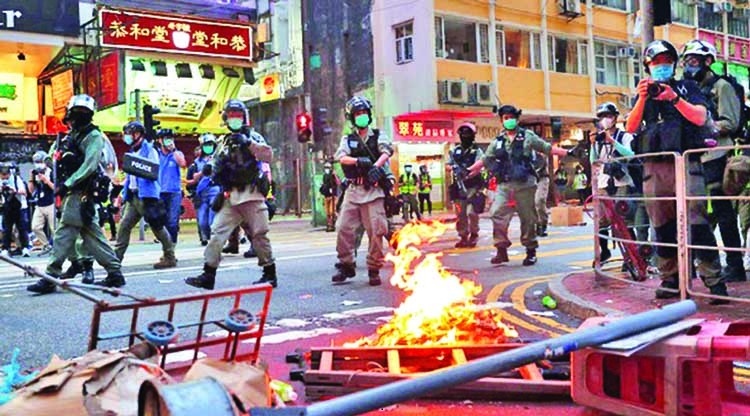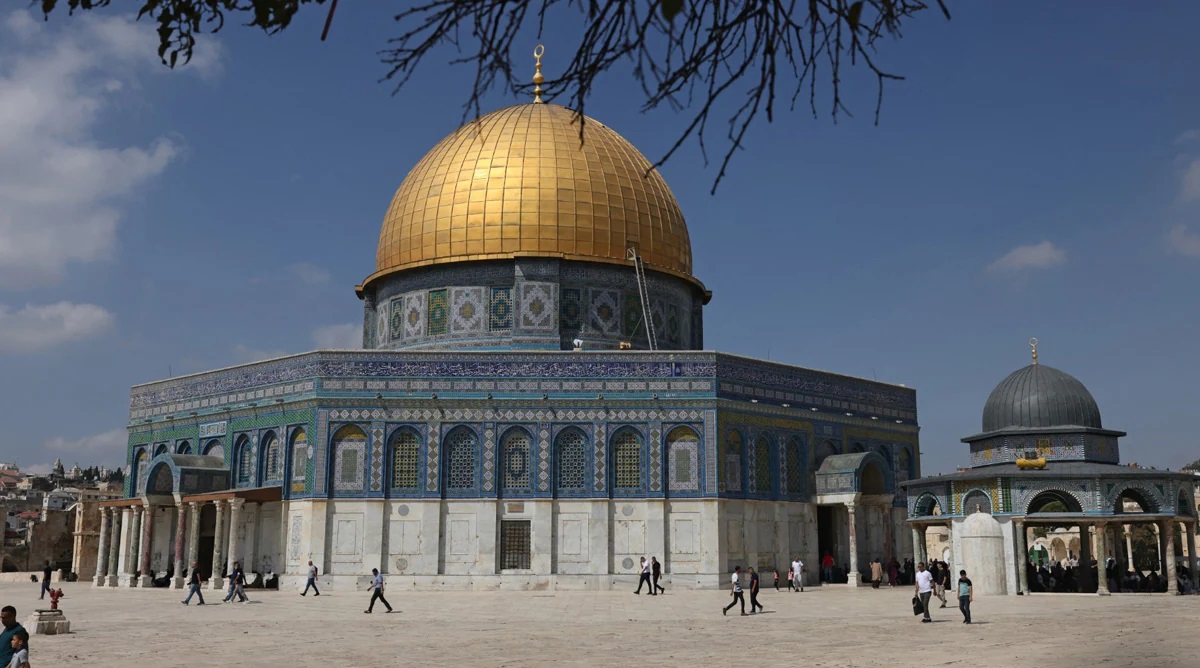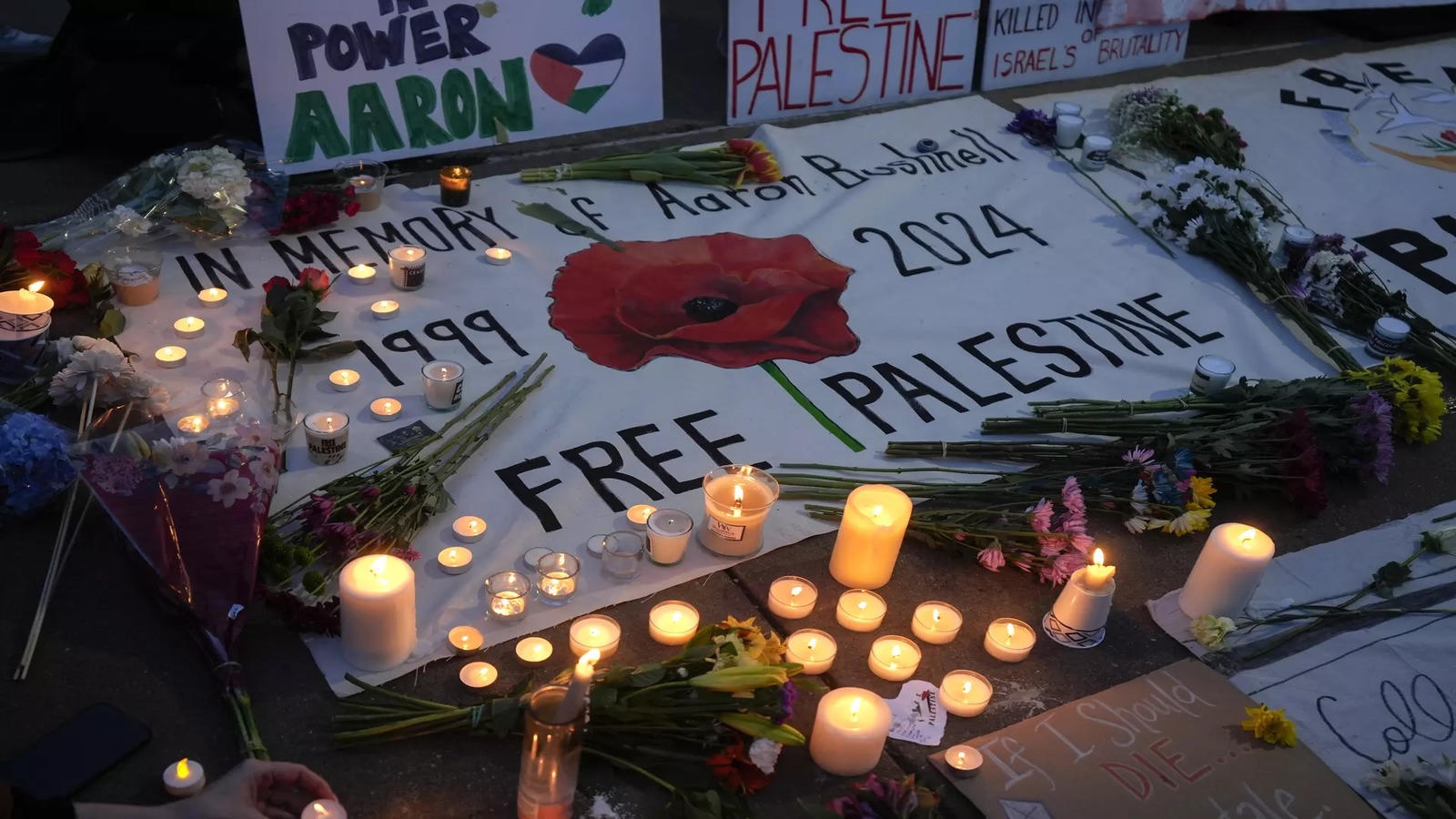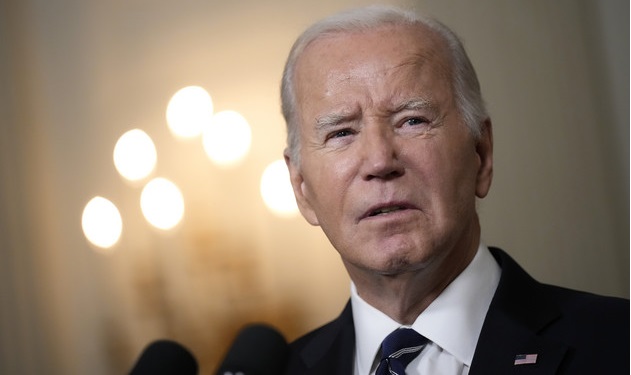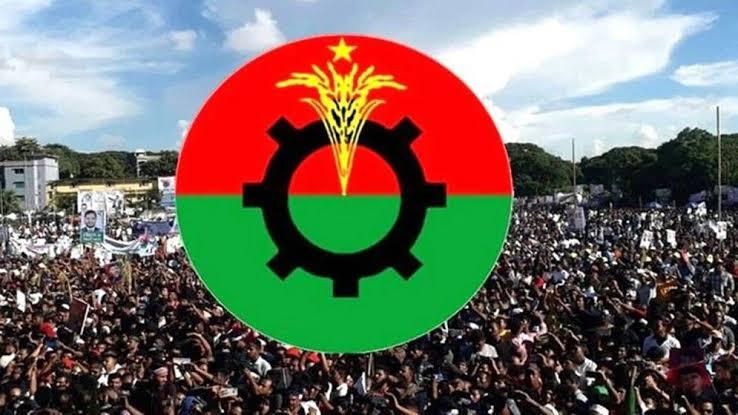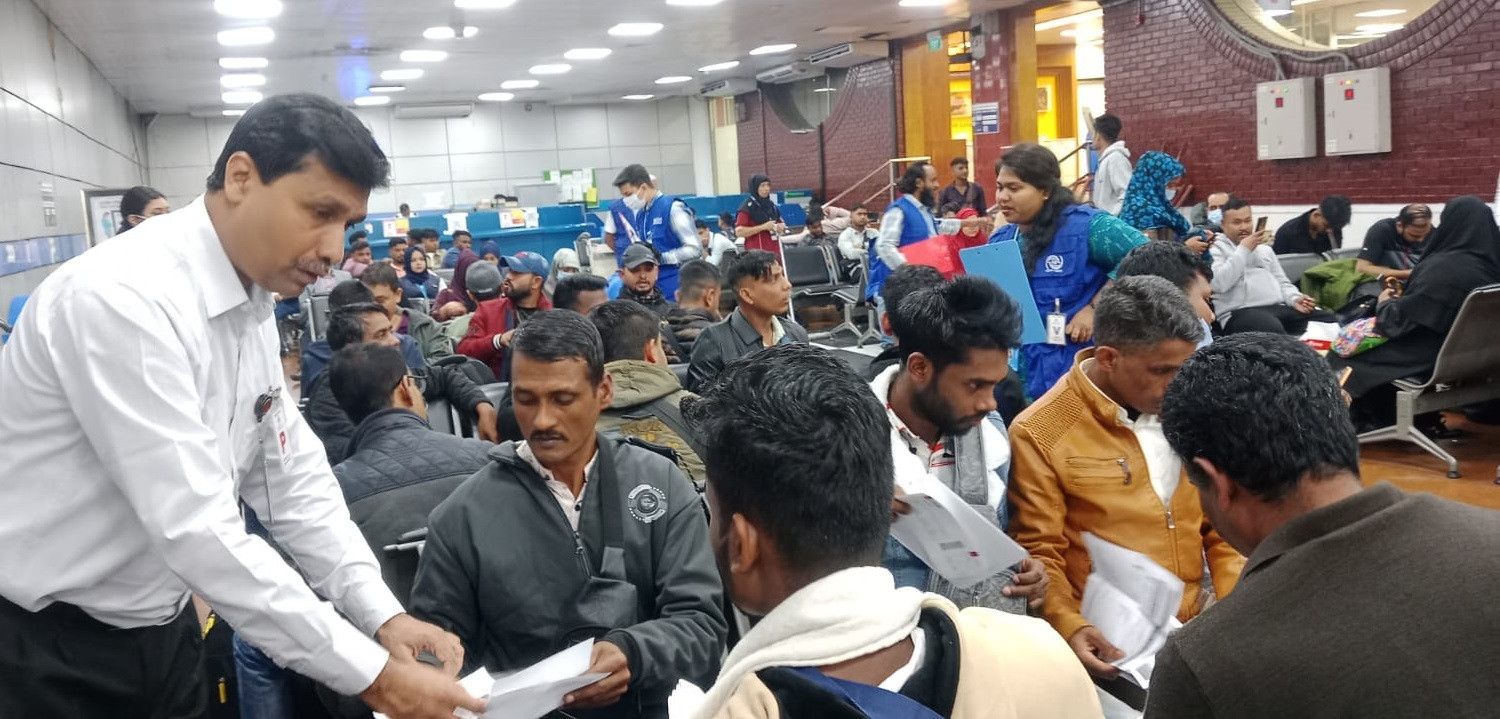Nearly 200 protesters held in Hong Kong Riot police walk past a fire set by anti-national security law protesters during a march at the anniversary of Hong Kong's handover to China from Britain in Hong Kong, China July 1, 2020. -Reuters
Hong Kong police fired water cannon and tear gas and arrested nearly 200 people on Wednesday as protesters took to the streets in defiance of sweeping security legislation introduced by China that critics say is aimed at snuffing out dissent.
Beijing unveiled the details of the much-anticipated law late on Tuesday after weeks of uncertainty, pushing China's freest city and one of the world's most glittering financial hubs on to a more authoritarian path, reports Reuters.
As thousands of protesters gathered downtown for an annual rally marking the anniversary of the former British colony's handover to China in 1997, riot police used pepper spray and fired pellets as they made arrests after crowds spilled into the streets chanting "resist till the end" and "Hong Kong independence".
"I'm scared of going to jail but for justice I have to come out today, I have to stand up," said one 35-year-old man who gave his name as Seth.The new law will punish crimes of secession, subversion, terrorism and collusion with foreign forces with up to life in prison, will see mainland security agencies in Hong Kong for the first time and allow for extradition to the mainland for trial.
China's parliament adopted the law in response to protests last year triggered by fears that Beijing was stifling the city's freedoms, guaranteed by a "one country, two systems" formula agreed when it returned to Chinese rule.Police cited the law for the first time in confronting protesters.
"You are displaying flags or banners/chanting slogans/or conducting yourselves with an intent such as secession or subversion, which may constitute offences under the ... national security law," police said in a message displayed on a purple banner.
Authorities in Beijing and Hong Kong have repeatedly said the legislation is aimed at a few "troublemakers" and will not affect rights and freedoms, nor investor interests.But critics fear it is aimed ending the pro-democracy opposition and will crush the freedoms that are seen as key to Hong Kong's success as a financial centre.
The United States and its Asian and Western allies have criticized the legislation. Britain said it would stand by its word and offer all those in Hong Kong with British National Overseas status a "bespoke" immigration route. Britain and Canada also updated their travel advice for Hong Kong, saying there was an increased risk of detention.
British Foreign Secretary Dominic Raab described Wednesday's protests as heartbreaking and reprimanded HSBC and other banks for supporting the new law, saying the rights of Hong Kong should not be sacrificed for bankers' bonuses.Police fired water cannon to try to disperse the protesters and said they had made more than 180 arrests for illegal assembly and other offences, with some involving violations of the new law.
A game of cat-and-mouse reminiscent of last year's often violent demonstrations followed, with protesters blocking roads before running away from riot police charging with batons, only to re-emerge elsewhere.Police posted pictures on Twitter of an officer with a bleeding arm saying he was stabbed by "rioters holding sharp objects". The suspects fled while bystanders offered no help, police said.
On July 1 last year, hundreds of protesters stormed and vandalized the city's legislature to protest against a bill that would have allowed extraditions to mainland China.Those protests evolved into anti-China demonstrations and calls for democracy, paralyzing parts of the city and paving the way for Beijing's new law.


